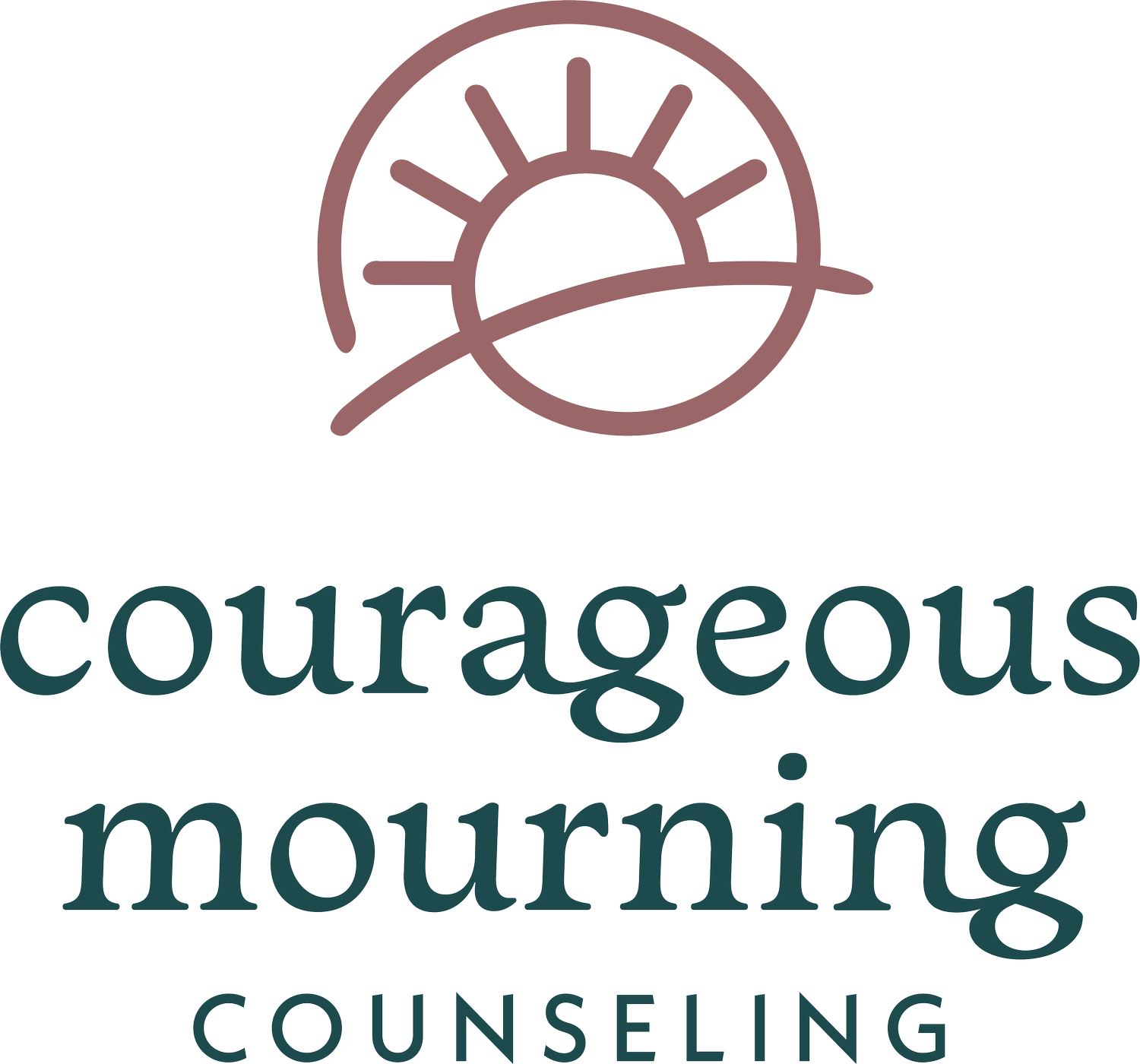People can say the strangest things sometimes -- with and without good intentions. Every griever has a collection of stories.
“I thought you would be better by now.”
“How long do you plan on being sad about this?”
“If it was me, I would sell my house and move as far away from here as possible. I don’t know how you do it facing that big house alone.”
I have my own collection of these stories:
“Hats off to you for still being alive - if it was me and I had just lost my husband, I would kill myself.”
And two weeks after my husband died, someone told me they were worried no one would be there to help them in case a bad thing happened in their life because I “had drained and exhausted the community of all of their helpful energy.”
All the obtuse, ridiculous, hurtful and plain old dumb things people have said. It’s hard to process these statements. They send you reeling from a new wound to the grief-bruised body you walk around in. Your anger might result in a dizzying replay of the comment and what you wish you’d said at that moment.
And truly, these things are probably said with the best intentions - to try to help you feel better. You know they don’t mean it. You know they love you. But they said it!
The plain fact is our culture doesn’t do grief well. We have no social container to hold sorrow and grieving pain with care and compassion on a large, collective scale. We’re not gifted with the language and shared experiences of mourning to help us interact with care for one another. Which means people stumble. A lot.
You Must Save Yourself
Speak your truth - sometimes you need to get the words out of your brain and your body. Go ahead and tell them their words were hurtful. And guard your boundaries - diligently! Call the doctor’s office back to let them know it wasn’t ok for the receptionist to tell you her personal history of loss when you checked in for your appointment.
Write a letter. Let your fingers fly across your keyboard, or push your pen without stopping. Let your words say what you would never say face to face. This lets you own the pain while giving you the time and space to express what you need to. I recommend writing it out first to see if you feel better for purging on the page. Then burn it.
And you might need to block some peoples’ phone numbers. Or lock your door and pretend you’re not home when your silly neighbor comes calling. If those around you are causing you distress because of their ignorance or insensitivity - remove yourself from their presence. Think about firing people out of your life that can’t help you grow and adjust to your new reality.
And Soothe Yourself
Part of your job now is to take the best care of yourself that you can. Something awful has happened in your life. You have lost someone you love dearly. Taking the best care of yourself is your full-time job now. Soak in a tub, spend time in nature, do yoga, or buy yourself fresh flowers. Treat yourself like a friend who is having a hard time.
When you do have a bad experience with someone - call your grief buddy. Having that reliable person you trust, who really listens to your story of pain and commiserates right at that moment, is healing.
If you don’t have a special person to support you, it’s time to reach out and find a new tribe to lean on! Join a local support group for grievers, or find an online group on Facebook. Connecting to those that understand through their own personal experience can make all the difference. And these fellow grievers are probably collecting their own list of stupid things people say.
Grievers are teachers - even if you don’t want to be. People will learn from you what to do and not do - what helps and what doesn’t. You are teaching the people around you about your unique needs/desires and ways of healing. Hopefully, people will take that forward in their lives when they interface with other grievers in the future. Your job is to focus on what You need. Get the help you need - through private counseling and support groups.








